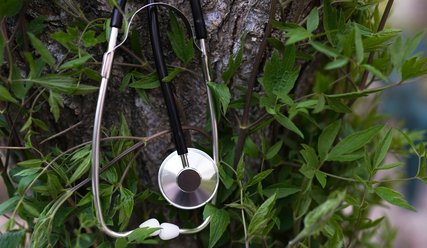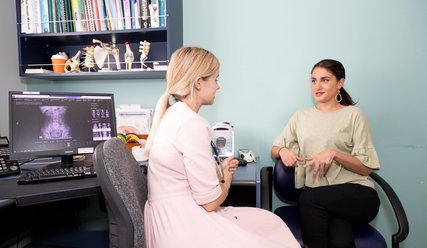Ngā Kawepūrongo
News
Insights, GP profiles, medical opinion and more.
Categories
Media-Releases

1 February 2026 | Media releases
Over 220 doctors start specialist GP and rural hospital medicine training today

30 November 2025 | Media releases
GP-owned general practice incentive could open doors for long-term workforce growth

11 November 2025 | Media releases
New Primary Care Pathway to increase GP workforce a win for health care and patients

9 November 2025 | Media releases
Coroner’s findings questioned by GP College

26 September 2025 | Media releases
Up to 700 GP trainees to benefit from funding boost this year

21 August 2025 | Media releases
Funding round opens for research benefitting general practice
Upcoming events
See all eventsWhat our research on menstruation tracking apps tells us
19 February 2026 - 19 February 2026
1:00 PM - 2:00 PM
GILLIES HOSPITAL 160 GILLIES AVENUE EPSOM AUCKLAND, 1023 NEW ZEALAND | CONTINUING MEDICAL EDUCATION
Head and Neck Education evening
24 February 2026 - 24 February 2026
5:30 PM - 8:30 PM
An evening of education focused on head and neck conditions, bringing together four specialist surgeons for an informative and practical update.
View eventONLINE GOODFELLOW UNIT WEBINAR | CONTINUING MEDICAL EDUCATION
PCOS insights, and Pessary skills
24 February 2026 - 24 February 2026
7:30 PM - 8:45 PM
Dr Elizabeth Glanville will discuss the investigation and diagnosis of PCOS, and Dr Niki Dykes will provide an overview on pessary use.
View eventMore recent articles

25 November 2025 | College and members
Puberty blocker prescribing - College position and member guidance

20 November 2025 | College and members
Changes to ACC forms seeks to simplify processes for GPs

11 November 2025 | Media releases
New Primary Care Pathway to increase GP workforce a win for health care and patients

9 November 2025 | Media releases
Coroner’s findings questioned by GP College

2 October 2025 | GP Voice
October 2025

26 September 2025 | Media releases



